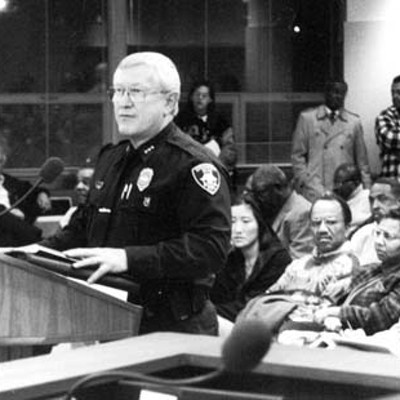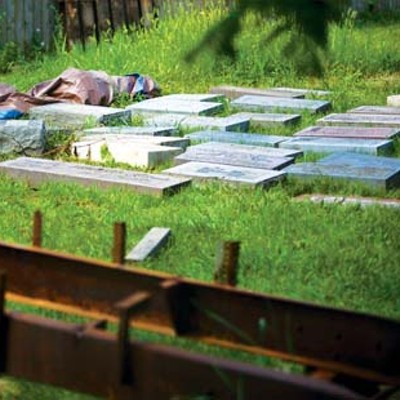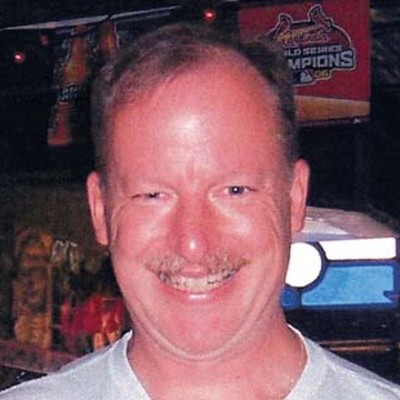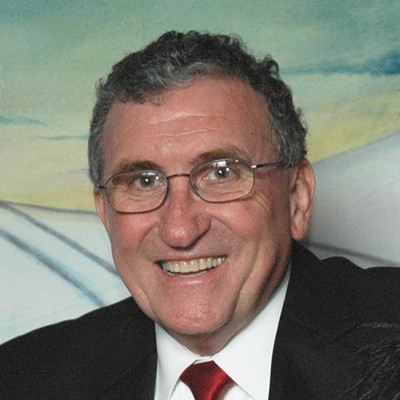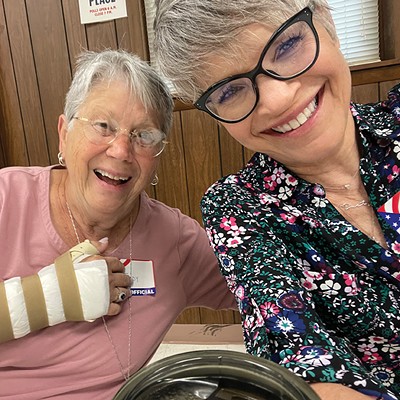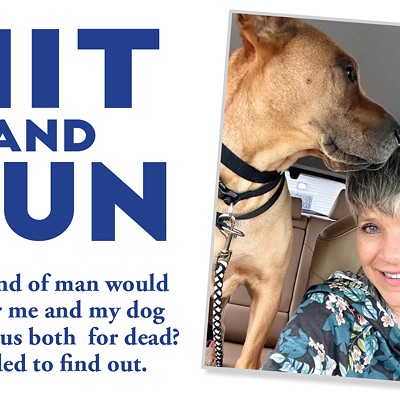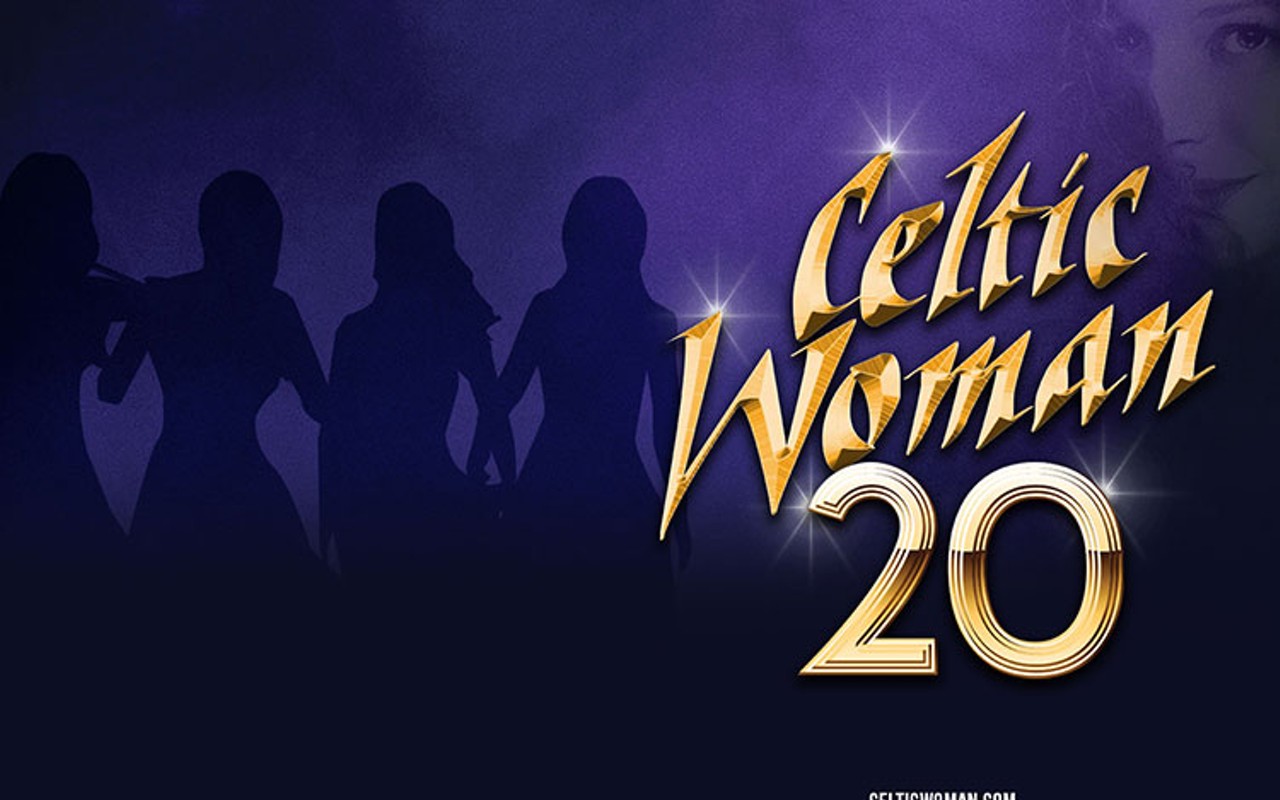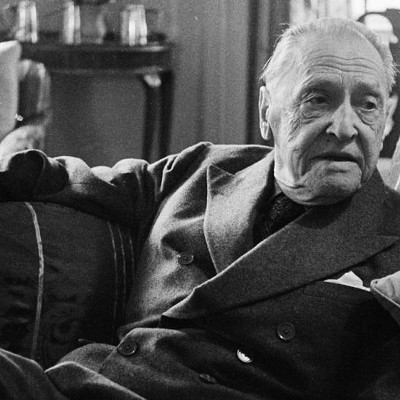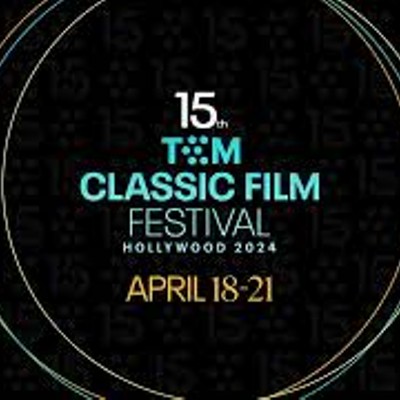A moving experience
How I became obsessed with a little film you probably never heard of
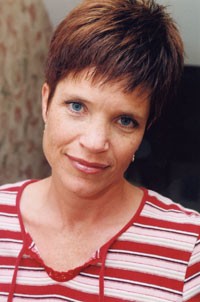
[
{
"name": "Air - MedRect Combo - Inline Content 1",
"component": "11490391",
"insertPoint": "3",
"requiredCountToDisplay": "1",
"parentWrapperClass": "fdn-ads-inline-content-block"
},{
"name": "Air - MedRect Combo - Inline Content 2",
"component": "11490392",
"insertPoint": "7",
"requiredCountToDisplay": "5",
"parentWrapperClass": "fdn-ads-inline-content-block"
},{
"name": "Air - MedRect Combo - Inline Content 3",
"component": "11490393",
"insertPoint": "12",
"requiredCountToDisplay": "9",
"parentWrapperClass": "fdn-ads-inline-content-block"
}
]
When I told my editor I wanted to write a column
about Crash, he
yawned. “You’re going to do a movie review?” As usual, he
had a valid point. I’m no film critic; I’m a chronically
sleep-deprived overworked mom. Put me in a dark room with a comfy chair and
a tummy full of popcorn and you’ve just induced certain slumber.
But Crash kept me awake. And not just in the theater. It has
flickered through my mind countless times since I saw it in May. I
can’t think of another movie that has so much to say about something
nobody wants to talk about: race.
Now, if you’re afraid I’m trying to
entice you to watch some bleeding heart politically correct cinematic
sermon, you’re wrong. (Nor am I recommending the 1996 David
Cronenberg film of the same name). Written and directed by Paul Haggis (Million Dollar Baby),Crash starts with a
traffic accident on a Los Angeles roadway, then rewinds to give you the
back story on each character—the motorists and passengers as well as
the various cops dispatched to the scene. By the time you get back where
you started, you’ve taken a roller-coaster ride of what-would-I-do?
scenarios, most involving race.
The day Crash was released on DVD, I bought a copy and began
collaring folks into watching it, starting with cops, just to check the
authenticity of the police work. One crusty old state trooper acquiesced
only because Sandra Bullock plays a leading role. But after he watched it,
he couldn’t stop talking about what he distilled as the movie’s
message:
“Everybody has racism in them,” he says.
“Every character in there had something racist about ’em. Even the crooks
were racists.”
Only one character in the movie—a cop played by Matt Dillon—could be called overtly racist. But the crusty trooper pointed to snippets of dialogue that demonstrated a style of racism he struggled to name. “It’s when you commit a racist act and you don’t even know it’s a racist act,” he says. “Is it incidental racism? Unconscious racism? There is a lot of that. And it does not have to be a white person against a minority. It can be a minority against a white.”
Or a minority against another minority. Monica Chyn, an Asian-American who was a charter member of Springfield’s Race Relations Task Force, says one scene in Crash reminded her of a particularly nasty encounter she had at her social service job. Accustomed to winning over even the clients who scorn her accent, tug their eyes into slanted slits to describe her to colleagues, and who blame her for their unemployment, Chyn says she recently met one redneck whose hardened racism she could not bend. Devastated, she went to a black co-worker for sympathy, but got none. “She said, ‘Monica, welcome to my world!”
Do-gooders who think they’re not racist won’t find comfort in this movie. The character who tries most valiantly to extinguish any racism in his soul finds, in the end, that there’s one dangerous ember left. Brian Otwell, Sangamon County chief public defender, was raised in a family of such do-gooders, with parents who not only moved from a predominantly white Chicagoland suburb to Evanston, just so the kids could attend a diverse school, but also took them on regular visits to Cabrini-Green public housing project. Still, Otwell’s favorite line from Crash is uttered by Dillon’s character to an idealistic rookie determined not to be a stereotypically racist LA cop: “You think you know yourself? You have no idea.”
“As much as we may try not to, we all have prejudices,” Otwell says. “It’s one thing to consciously do our best. But in the heat of the moment, you’re going to act consistently with those prejudices.”
A couple of officers watched Crash and decided it should be a training film. “It shows you better assume that [what a suspect] is telling you could be true. Not just, ‘Aw, this is crap, I’m taking you to jail and you can tell it to the judge.’ That’s where a lot of guys are in their career,” one city cop says. “Either they’re racist or they just don’t give a damn.”
I ran this idea past Rickey Davis, probably the most outspoken African American officer still working at Springfield Police Department. His only criticism of Crash was that Hollywood cops handled the crime scenes sloppily. But would it make a good training film? He’s not sure. “People will see it in the perspective that supports their own beliefs,” he says. “That’s gonna have to come out of their heart. I know that sounds corny as hell, but it’s true as hell.”
Eventually, my editor got fed up, rented the movie for himself, then sent me an e-mail slugged “you were right.” So maybe he won’t mind that I wrote this column – while he’s away on vacation.
Only one character in the movie—a cop played by Matt Dillon—could be called overtly racist. But the crusty trooper pointed to snippets of dialogue that demonstrated a style of racism he struggled to name. “It’s when you commit a racist act and you don’t even know it’s a racist act,” he says. “Is it incidental racism? Unconscious racism? There is a lot of that. And it does not have to be a white person against a minority. It can be a minority against a white.”
Or a minority against another minority. Monica Chyn, an Asian-American who was a charter member of Springfield’s Race Relations Task Force, says one scene in Crash reminded her of a particularly nasty encounter she had at her social service job. Accustomed to winning over even the clients who scorn her accent, tug their eyes into slanted slits to describe her to colleagues, and who blame her for their unemployment, Chyn says she recently met one redneck whose hardened racism she could not bend. Devastated, she went to a black co-worker for sympathy, but got none. “She said, ‘Monica, welcome to my world!”
Do-gooders who think they’re not racist won’t find comfort in this movie. The character who tries most valiantly to extinguish any racism in his soul finds, in the end, that there’s one dangerous ember left. Brian Otwell, Sangamon County chief public defender, was raised in a family of such do-gooders, with parents who not only moved from a predominantly white Chicagoland suburb to Evanston, just so the kids could attend a diverse school, but also took them on regular visits to Cabrini-Green public housing project. Still, Otwell’s favorite line from Crash is uttered by Dillon’s character to an idealistic rookie determined not to be a stereotypically racist LA cop: “You think you know yourself? You have no idea.”
“As much as we may try not to, we all have prejudices,” Otwell says. “It’s one thing to consciously do our best. But in the heat of the moment, you’re going to act consistently with those prejudices.”
A couple of officers watched Crash and decided it should be a training film. “It shows you better assume that [what a suspect] is telling you could be true. Not just, ‘Aw, this is crap, I’m taking you to jail and you can tell it to the judge.’ That’s where a lot of guys are in their career,” one city cop says. “Either they’re racist or they just don’t give a damn.”
I ran this idea past Rickey Davis, probably the most outspoken African American officer still working at Springfield Police Department. His only criticism of Crash was that Hollywood cops handled the crime scenes sloppily. But would it make a good training film? He’s not sure. “People will see it in the perspective that supports their own beliefs,” he says. “That’s gonna have to come out of their heart. I know that sounds corny as hell, but it’s true as hell.”
Eventually, my editor got fed up, rented the movie for himself, then sent me an e-mail slugged “you were right.” So maybe he won’t mind that I wrote this column – while he’s away on vacation.
Illinois Times has provided readers with independent journalism for almost 50 years, from news and politics to arts and culture.
Your support will help cover the costs of editorial content published each week. Without local news organizations, we would be less informed about the issues that affect our community..
Got something to say?
Send a letter to the editor and we'll publish your feedback in print!


